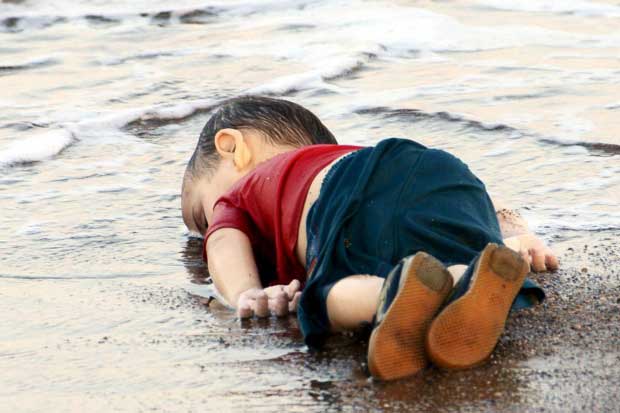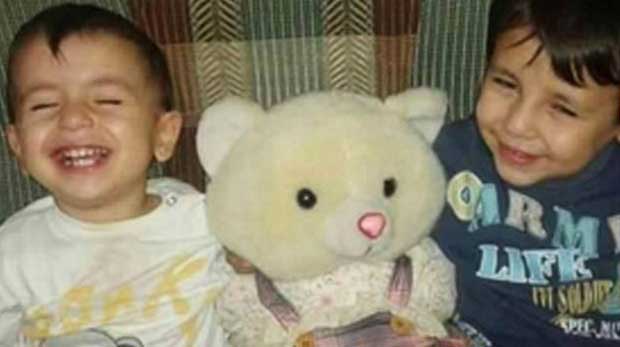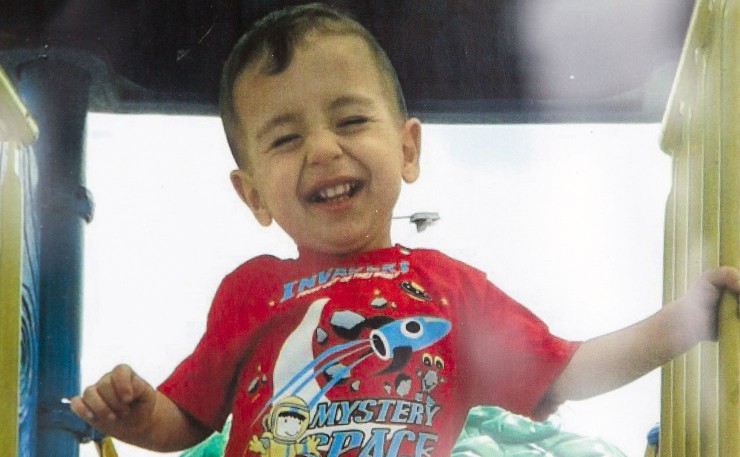In 1957 a little blue-eyed boy was sat on the desk of the Australian High Commission in Sri Lanka and closely appraised. His parents had applied to migrate to Australia, but his aunts and uncles had already been knocked back.
On paper they were European descent and English speaking, as they needed to be in order to pass the test of Australia’s Immigration Restriction Act (1901) – the White Australia policy.
But their hair was dark, lustrous black, their skin olive, steeped in sun, their eyes dark and warm. Except for this little boy with eyes of sea and sapphire, and his mothers’ of jade. Wordlessly… for there are no words, are there… the gormless Commissioner looked deep into his bright eyes, ascertained the lack of pigment, and granted his family passage to Australia.
They came on a cargo boat, not a passenger ship. Three small boys making a game of climbing the railings, dropping scraps into the trailing sea. Bundled unaccustomed in thick coats, long socks, hard shoes, they were out under blue expanse, the ellipse of the planet sliding ahead into cold waters.
This little boy, who became my beloved, was often aware of being closely appraised as he grew up in Australia. Curious girls in ribbons cornered him in the playground, asking him to recite, only to giggle at his sing-song accent, watching intently to decipher how he was both the same and different, looking for what exactly set him apart.
Throughout his life, this man of, it must be owned, frankly startling good looks, shied from being appraised. To this day, unless I am travelling with him, he is almost always taken aside at airports and screened.
His family followed the ‘tide of humanity’ fleeing war-torn Europe, many shunned and ending up in Nazi death camps despite desperate pleas for protection. This history is not lost on the German Chancellor Angela Merkel.
She has linked the current humanitarian crisis, with over a hundred thousand refugees entering the EU last month, to the values on which post-war Europe was rebuilt, of ‘never again’ leaving frightened people fleeing for their lives, to fate.
Yet just found abandoned are 71 refugees, with four children, one a baby girl, decomposing in the back on a dumped truck in Hungary, surreally emblazoned ‘Honest Chicken’.
Overnight another soft little boy, his sodden dark hair, dressed for the journey by loving hands, face down on the wet shore, washed up in our Facebook feeds. I started. Scrolled down. Clothes needed hanging, little socks, a red t-shirt, and before I knew why I was crouched over my feet, face in hands, erupting in shame and anger.

Aylan Kurdi was one of at least 12 Syrians who drowned attempting to reach the Greek island of Kos. His five year-old brother also drowned. Their family had fled the Syrian town of Kobani, near where Kurdish People’s Protection Units (YPG), battling Islamic State Insurgents, accused Turkey of shelling them in July. They are among 2,500 lives lost this year in the frantic exodus.
Closer to our shores, 146 children drowned in October 2001 when the Siev X (Suspected Illegal Entry Vessel X) sunk. With them were 142 women and 65 men.
Then PM, John Howard claimed it had gone down in Indonesian, not International waters. Their Australian Operation Relex – our border protection surveillance and interception zone – was duty bound to intercept it. We were thus relieved of our responsibility.
It was, of course a lie, and part of ongoing, mendacious attempts by successive Australian governments to keep these tragedies from us, or their images washing up in the media.
The children overboard incident gives the image of Aylan Kurdi particular resonance in Australia, where 1,100 refugees have lost their lives between 2007 and 2013.
Drowned refugee children have a noumenal presence, spectre-like in our public imaginary, as the culpability for their deaths is shuffled between organised traffickers, heartless refugee parents, inhumane border patrols, cynical governments.
It lies at all our feet. We’re kept from such images as a means of occluding our shame and anger.
As Lorenzo Veracini has argued, Australia has instituted a particular definition of refugee, at odds with international law, that has its antecedents in our settler-colonial history.
For the purposes of ‘processing’, in Australia a refugee is, he writes, “someone who must not be allowed to enter a particular space no matter how urgent his or her human right to do so, and someone who is not entitled to protection unless he or she is ‘processed’ first”.
Our particular paranoia about our sovereignty derives from the threats refugees pose to our “capacity to draw lines of inclusion and exclusion that mark the limits of control over bodies and persons in a domain that, unlike other political settings, is constituted by a foundational, original displacement”.

The tide of displaced peoples – those seeking protection usually from conflicts advanced economies have ignited, inflamed and entrenched – are experienced as incursion.
“I no longer recognize my country,” a young French woman told a news service, unable to perceive the current exodus as in fact the washback of former colonialism, nor ponder how the European incursion of homelands must have been similarly experienced by First Nation peoples.
When the blue-eyed boy returned to the Australian High Commission in Sri Lanka last month and told the story of how his eyes bought his family permission to immigrate to Australia, the High Commissioner Robyn Mudie crowed at him, airily, about preventing over 4,500 refuges from seeking refuge in Australia through our ‘cooperation’ with the Sri Lankan government.
Many of them have been detained. Complaints of severe torture have been ignored. Australian Federal Police refused to meet with one victim despite being downstairs in the same building.
After the pitiless suppression ended the civil war, Australia gave millions of dollars to the Sri Lankan navy that had months before shelled civilians, all to obstruct the departure of boats carrying refugees.
We have ignored war crimes and gross human rights abuses, even opposing an International inquiry.
Indeed a screening process has been ‘enhanced’ in Sri Lanka by Australian authorities. It no longer involves desktop racial profiling of baby boys. Reportedly, refugees seeking asylum in Australia instead are barely looked over, that is, they encounter the same indifference, the same looking askance with which hundreds of thousands of traumatised people are met the world over, under the lid of xenophobia and border paranoia.
Until a dark haired little boy is photographed lifeless and facedown in the surf. Then the obscenity of this calamity buckles our ennui. We recognise the little boys we build our lives around, lying there before us, and see they are no different.
Donate To New Matilda
New Matilda is a small, independent media outlet. We survive through reader contributions, and never losing a lawsuit. If you got something from this article, giving something back helps us to continue speaking truth to power. Every little bit counts.




